In July 2023, I entered my dream career and became a United States Foreign Service Officer, also known as a diplomat.
As a young, Black woman entering this career field, I don’t take the prestige and honor of this position lightly.
I’ve gone back and forth with myself on whether or not this journey was something I wanted to share. I was honestly leaning toward no, but the representation is important and is bigger than myself.
I remember seeking out so many personal experiences of current diplomats that were the minority in this organization and not finding any updated resources that could help me paint a realistic picture of what I was getting myself into.
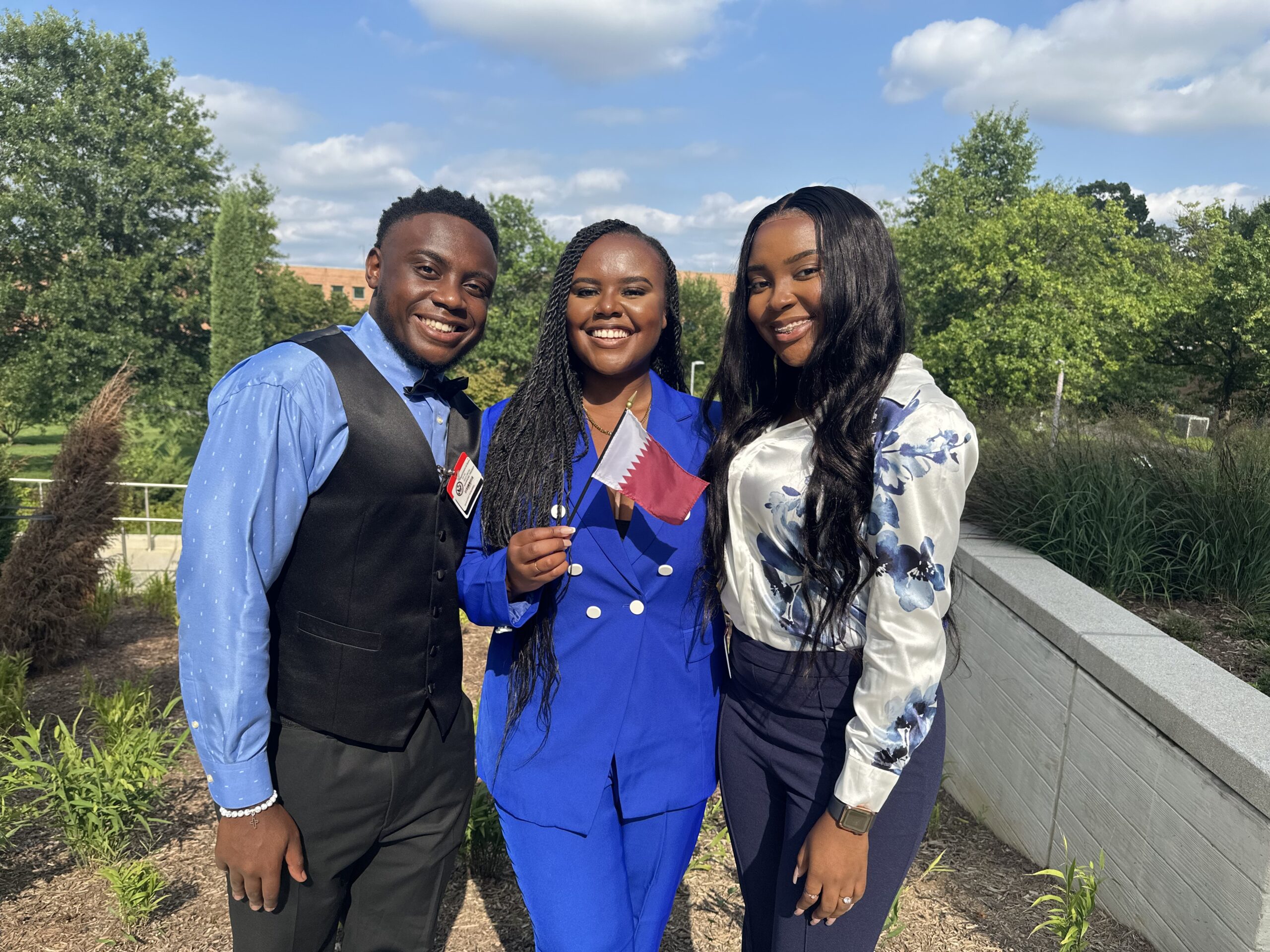
Table of Contents
ToggleI’m still trying to figure out how much I want to share if I decide to share more about it at all, so please be patient with me as I do so and try to comment questions here instead of on any social media platforms.
This will NOT be a diplomacy-centered blog, so I want to clarify that. It’s just now one of MANY things I have the honor of doing and will talk about occasionally. I am of course open to answering your questions and will do my best to point you in the right direction if I can’t.
——
I was recently assigned my first assignment to DOHA, QATAR, which I will be preparing for over the next few months – a year so it’s an exciting time for me as a baby diplomat!
In this blog post, I will share how I became a U.S. diplomat through a prestigious fellowship program and give some tips and advice from my perspective for anyone interested in embarking on this unique career field.
NOTE: I will refer to “diplomat” as “Foreign Service Officer” and they are the same thing!
Look at me having to use this little disclaimer now LOL: These are my personal experiences and opinions; they do not represent the views of my employer.
Related Blog Posts:
- Coming to Terms With Entering My Career: My A-100 Orientation Experience
- Language Training As A Diplomat: My Experience Learning Arabic
What is a Diplomat?
So what exactly is a diplomat? This can be hard to answer sometimes because diplomats do so much, and there are multiple routes/career tracks a diplomat can take that will determine their job descriptions.
The “textbook definition” of a U.S. diplomat says that diplomats work worldwide to advance security, prosperity, democracy, and development to benefit the United States.
The goal is to advance U.S. interests through relationships worldwide to make the world safer for Americans to navigate at home and abroad.
This level of involvement in establishing diplomatic relations creates more opportunities for Americans and protects U.S. interests.
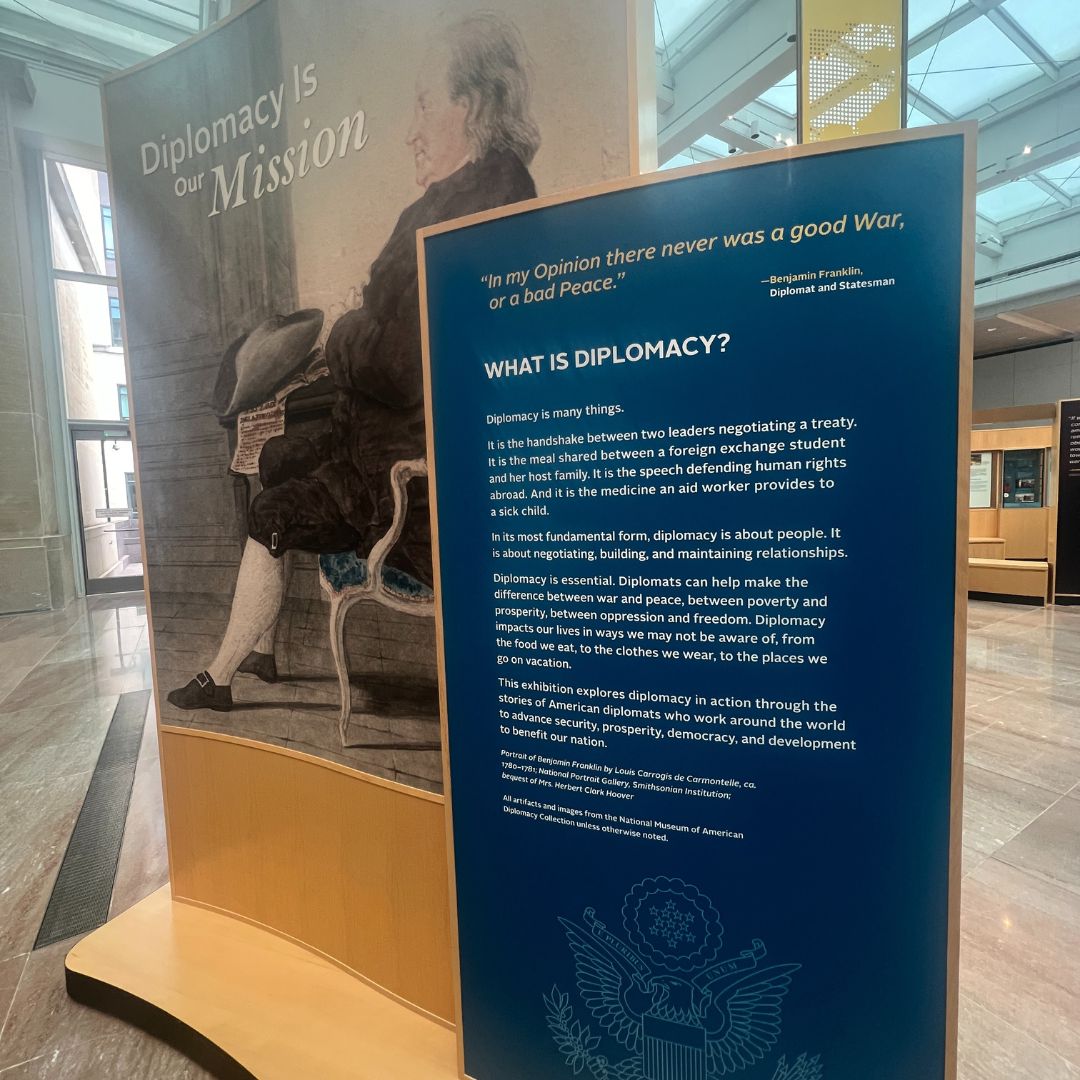
As I mentioned earlier, diplomats joining the U.S. Foreign Service can choose one out of five career tracks that will direct the type of work they will do.
The five tracks are:
- Consular
- Economic
- Management
- Political
- Public Diplomacy
You can read more about each track here.
You get to choose your career track based on your interest which is great. I am a Public Diplomacy Officer. My interest and experience with cultural exchange programs, journalism, and social media, influenced my decision to go the Public Diplomacy route!
I am also very interested in Consular work, which deals with work like immigration visas and visiting arrested Americans abroad.
New diplomats have to do a consular tour, usually during their first or second job assigned, so I will get to experience that work anyways, which also influenced my decision to choose Public Diplomacy, as I know I will get to experience Consular work.
Why Did I Want to Become a Diplomat: My Academic and Professional Background
Undergraduate Studies
I began my undergraduate studies at Florida A&M University (FAMU) in Tallahassee, Florida. I was dual enrolled at my local college back in my hometown, Fort Myers, Florida, so with those credits, I came in as a college sophomore, putting me one year ahead of my graduation date.
I started my undergraduate studies in the Social Work program. After two classes, while I greatly respected the field, I knew my heart was not in it and left the program.
I came into undergrad thinking I wanted to be a lawyer, but I was never passionate about legal studies. I spoke to law students, judges, and lawyers and joined law-centered organizations. However, I simply lacked the same fire and passion that I saw in my peers for law.
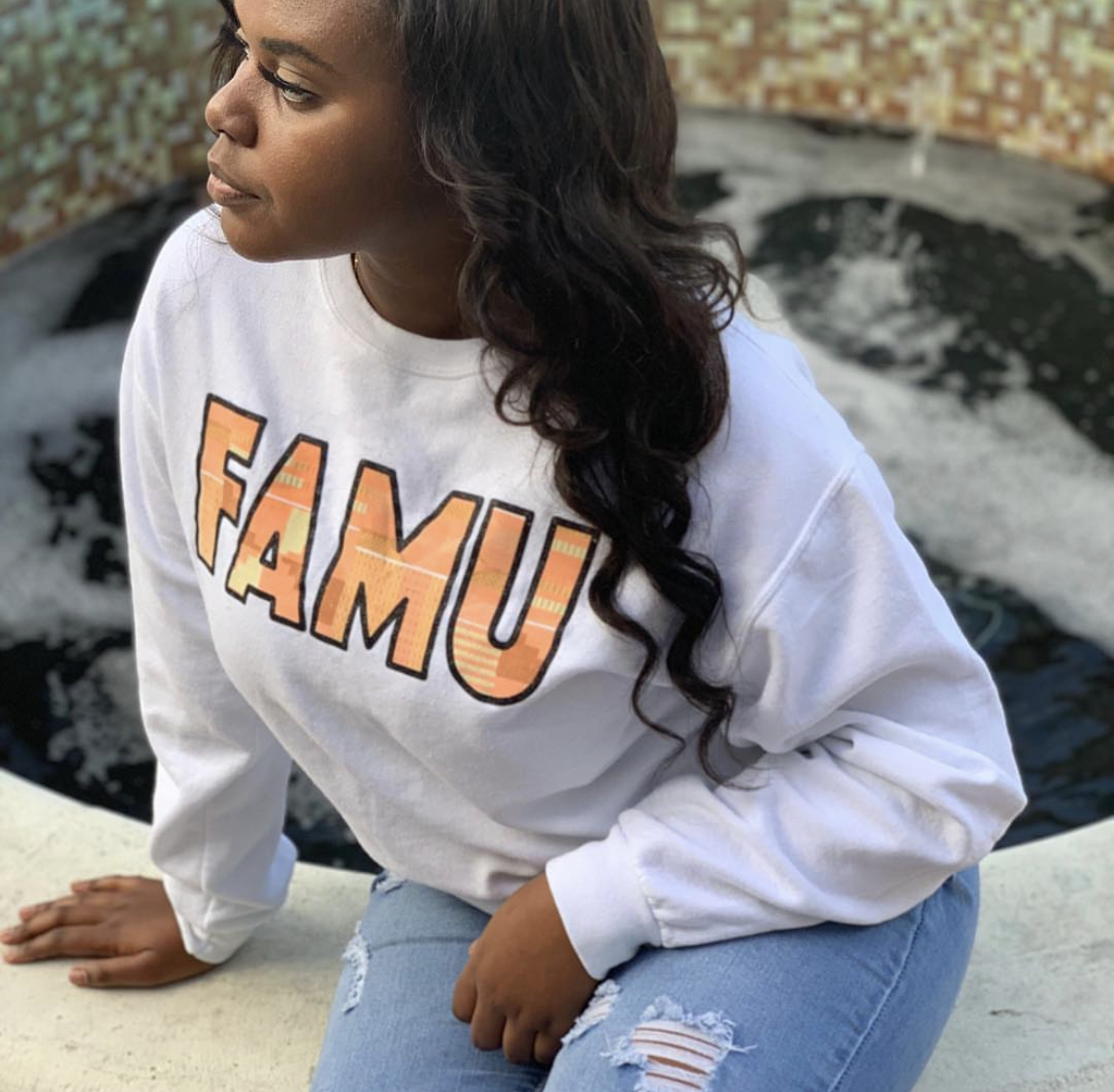
Studying Abroad in Ghana: Introduction to International Affairs
While studying abroad in Accra, Ghana, after my first year at FAMU, I found myself lost on the career path I wanted to go down. I met a career coach at a professional workshop event while working with a local organization. Through a scheduled lunch with her, I told her I wanted to “travel the world and help people” and was introduced to the world of international affairs.
From there, I sought opportunities at home and abroad that would allow me to build my resume and skills in preparation for a career in international affairs.
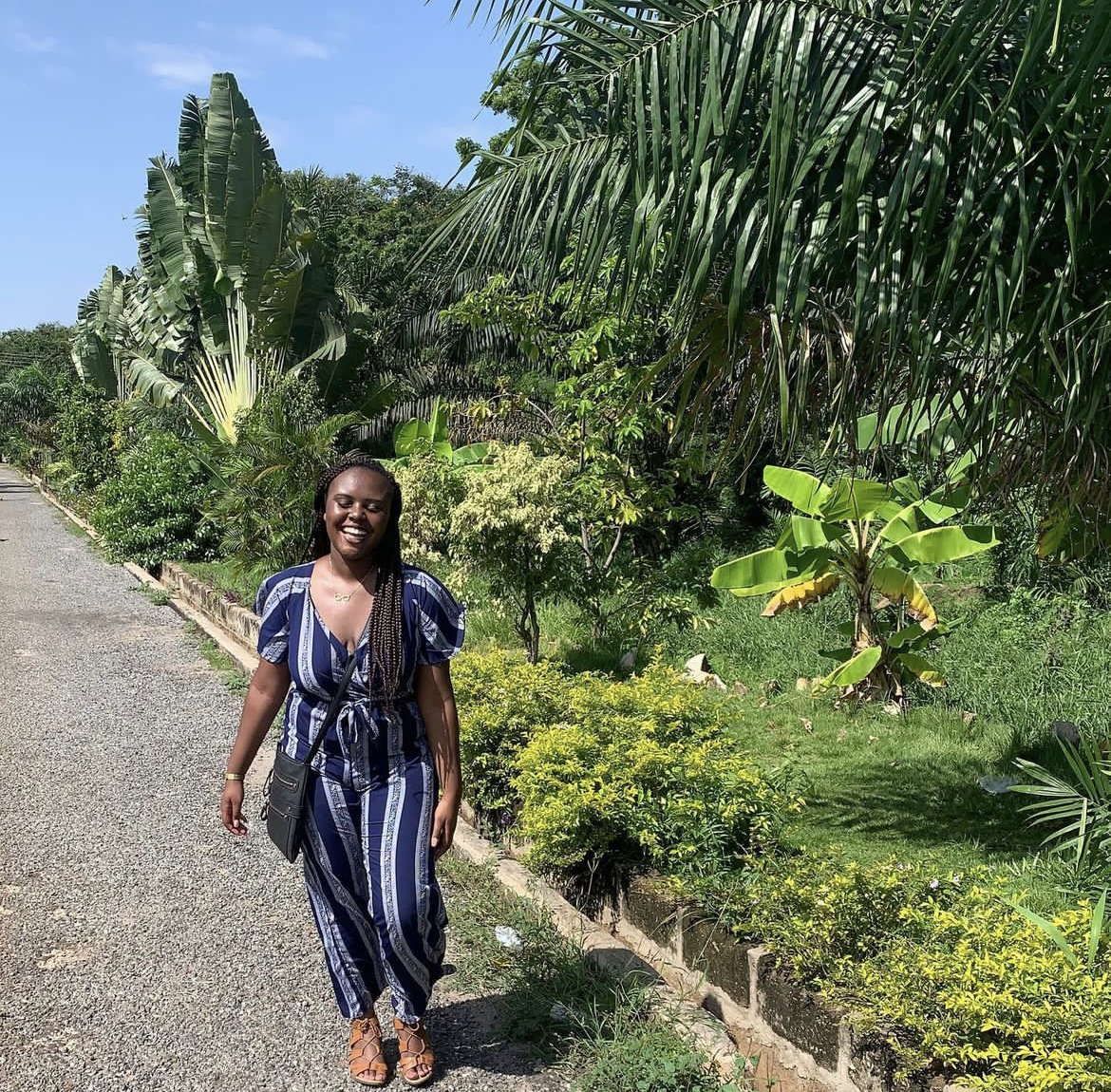
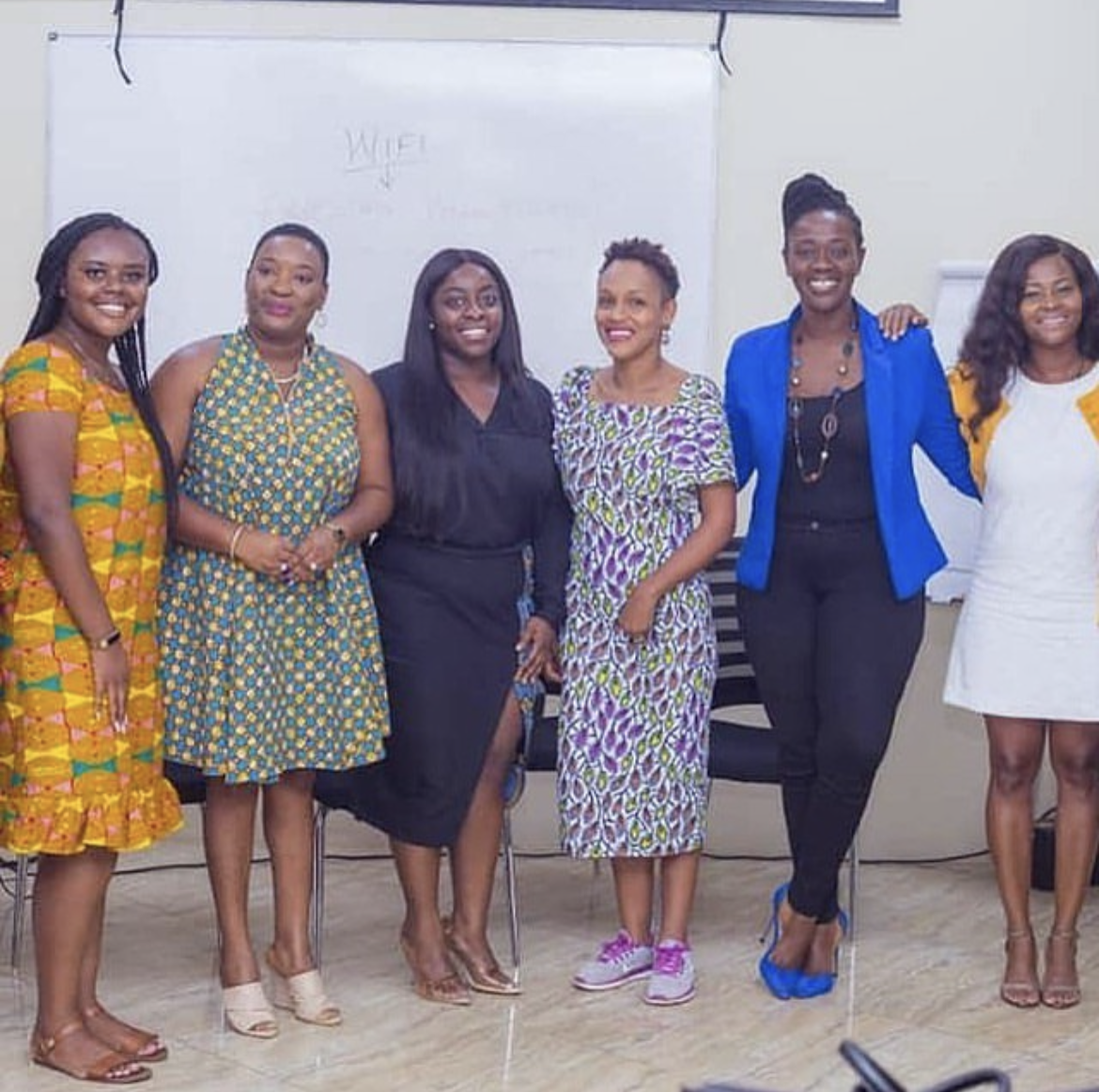
Being Intentional After Ghana: Building My Resume
I interned with the U.S. Agency for International Development, the U.S. Department of State, the Red Cross, and other notable organizations. I applied for programs like the Gilman Scholarship and Boren Fellowship to gain funded international experiences.
I was awarded a partial Gilman Scholarship but turned it down due to a lack of finances and academic plans.
Needless to say, I built a great resume (to my standards) as a student that reflected the path I wanted to go down.
Graduating from Undergrad
I spent two years at FAMU and obtained my Associate’s Degree before transferring to a fully online program at Florida Atlantic University (FAU). I graduated with a degree in Interdisciplinary Studies with a minor in Disaster Management.
Interdisciplinary Studies is a cluster of various topics (Political Science, Legal Studies, etc.) I can honestly say, till this day, I forget I have this degree all the time!
While at FAU, the semester before my last one before graduation, I began applying to the Charles B. Rangel Fellowship, the opportunity that would grant me access to the world of diplomacy.
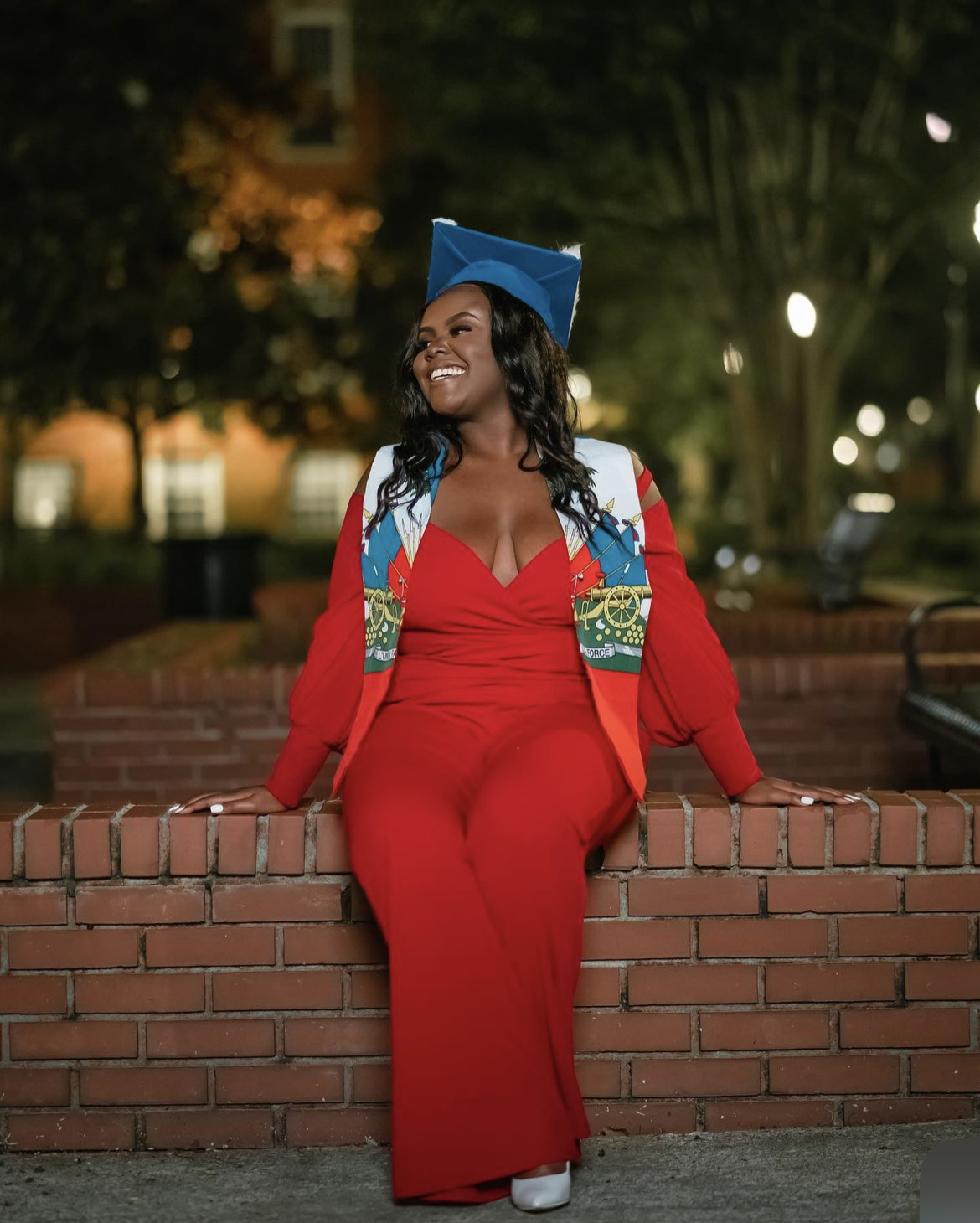
Becoming A Rangel Fellow: Obtaining My Master’s Degree
I broke down my experience as a 2021 Rangel Fellow in a later blog post that you can read for more insight, but in summary:
In September 2020, I applied to be part of the 2021 Charles B. Rangel Fellowship. The fellowship selects 45 fellows every year to attend graduate school and eventually become Foreign Service Officers (diplomats).
The process is extremely competitive with over 1,000 applicants when I applied.
Rangel Fellows (when I applied) received $42,000 annually for two years. $24,000 is given for academic tuition and fees for any U.S.-based institution. $18,000 goes directly to fellows to cover other costs like housing, food, transportation, etc.
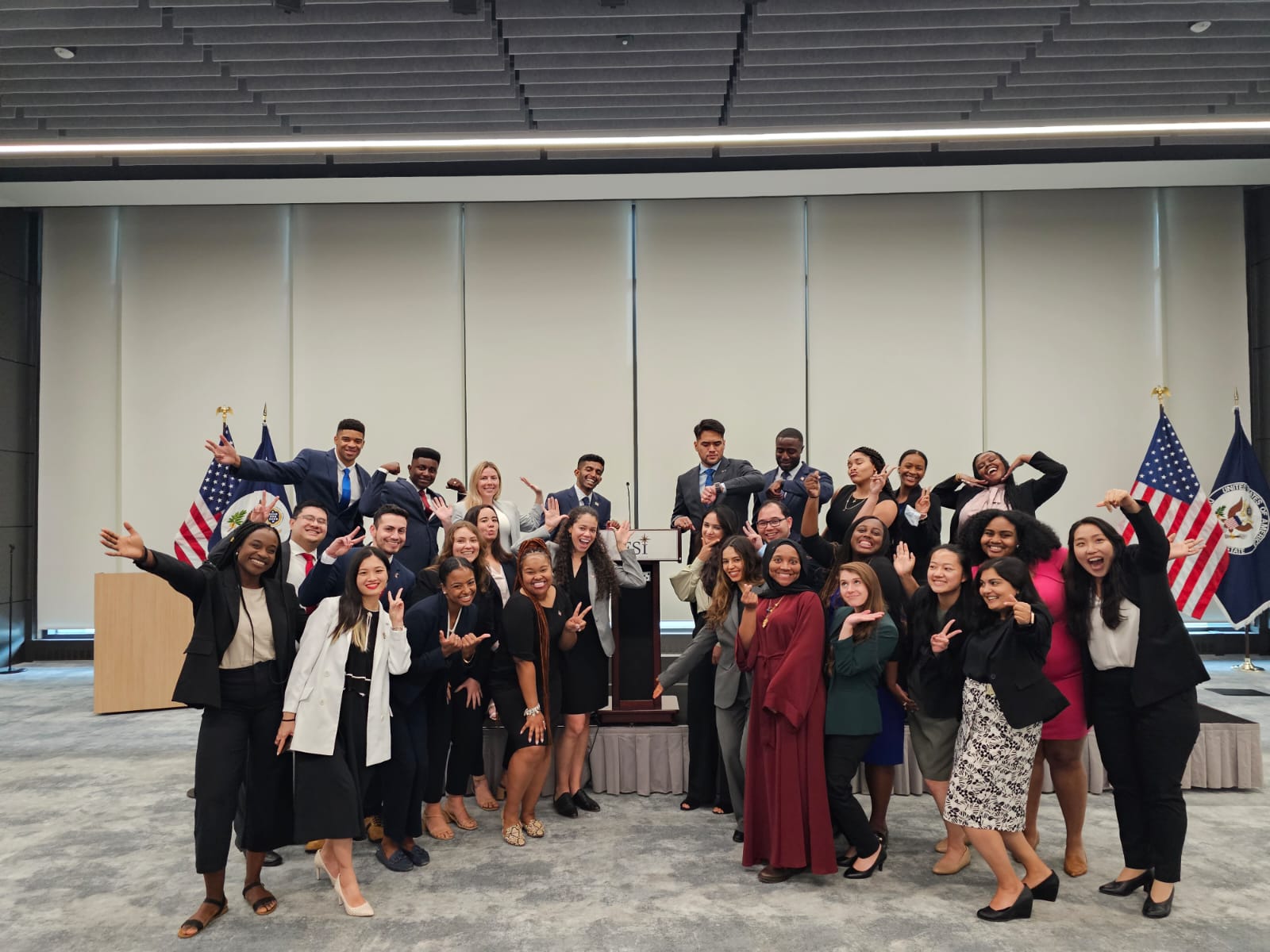
In exchange for the funding, fellows enter a contract that requires a 5-year commitment to working for the government as a diplomat.
The fellowship includes two summer internships: one on Capitol Hill in Washington D.C. with a congressional office and one overseas at a U.S. embassy.
I chose to do my Master’s degree in Accra, Ghana, at Webster University, the same university I studied abroad at in 2019 (full circle moment!) and spent two years in the country.
My congressional internship was with the Congressional Hispanic Caucus (virtual). I completed my internship with the U.S. Embassy in Malabo, Equatorial Guinea (virtual).
You can read all about my experience with the fellowship here.
In that blog post, I cover how I got the fellowship and give you tips for applying for the fellowship!
How to Become A Diplomat: The Traditional Path
You may be surprised that you don’t need an academic degree or professional experience to become a diplomat.
I highly recommend trying to become a fellow through one of the many fellowships available, but if not, this section will cover the traditional path of becoming a diplomat.
Any high school graduate at least 20 years of age is eligible to become a Foreign Service Officer.
However, this does not mean the process is easy, as it takes many people YEARS to get through the hiring process to become a diplomat.
The process includes:
- A written Foreign Service Officer Test (FSOT)
- A written personal narrative
- An oral interview combined with role-playing exercises (FSOA)
- A medical & security clearance review
- Suitability Review Panel clearance review
- After all of these steps your name is placed on the Registrar of selected candidates eligible to be offered a position in the U.S. Foreign Service.
There are only a few orientation classes, known as A-100, hosted for new diplomats every year, so while your name may be on the list, you still have to wait for an official invitation to join the orientation class, which can take a while.
Of course, there are other things to know in between these details that you’ll gain insight into if you go through the process.
Taking the Foreign Service Officer Test (FSOT)
Contrary to what some people think about fellows, we still have to take all required tests.
The Foreign Service Officer Test (FSOT) is one of the first major steps you will have to go through to become a diplomat.
The test is split into four different sections:
1. Job Knowledge Test
2. Situational Judgment Test
3. English Expression Test
4. Written Essay Test
You’ll test on the U.S. government, history, geography, light mathematics, etc.
You can take the FSOT online or at different testing centers around the U.S. When I was scheduled to take the test, I was a graduate student in Accra, so I took the test at my university in a secure room.
You can only take the FSOT once every 12 months, so keep this in mind!
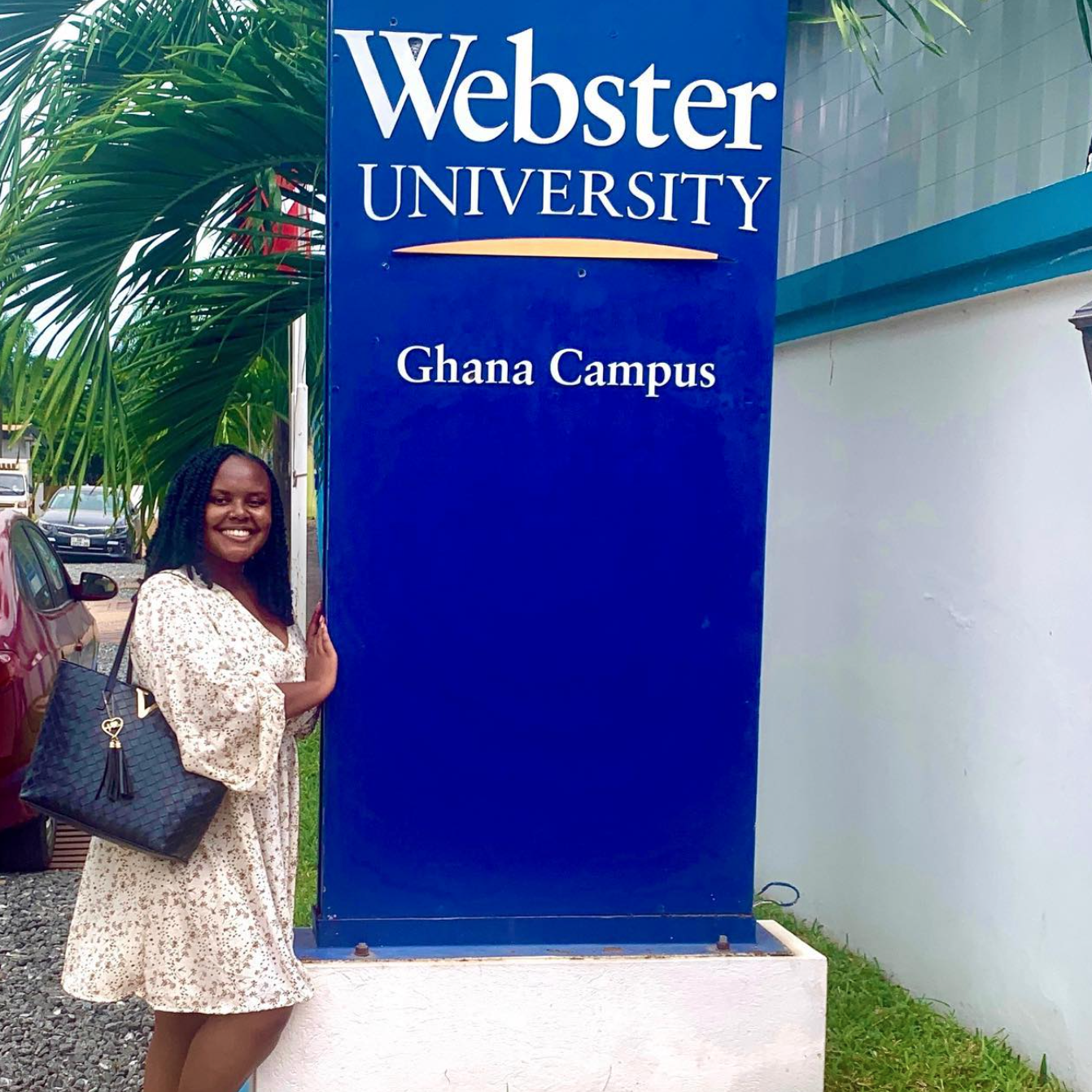
Taking the Foreign Service Oral Assessment (FSOA)
I flew from Ghana to D.C. to take the FSOA, which was probably the most nerve-wracking part of the process.
The FSOA is an all-day oral exam hosted in Washington, D.C. (though it has been recently announced that the test will be offered online soon).
The entire goal of the FSOA is to measure the 13 Dimensions, the qualities the Department seeks in Foreign Service Officer candidates.
Dissecting the FSOA
There are three parts to the test:
- The Group Exercise – You will be placed with a group of 3-6 people to form an imaginary Embassy task force and work together to complete the task. I’m explaining this very simply because this was the portion that stressed me out the most because it involves working with others, and you don’t know how that will go/what different personalities will be like.
- The Structured Interview – This part of the FSOA is more of a “normal” interview process where you have to answer questions with a bit of a twist in one area.
- Experience and Motivation: Answer questions based on your own past experiences and why you want to be a diplomat.
- Hypothetical: You will be given hypothetical situations you may face as a diplomat and have to list steps you would take when confronted with the issue.
- Past Behavior: You’ll be asked questions based on your past experiences and how you took action. These may look like “Name a time when you showed great leadership?”.
- Case Management Exercise – You will be given information and have to write a memo handling the case presented to you and listing the actions you would take.
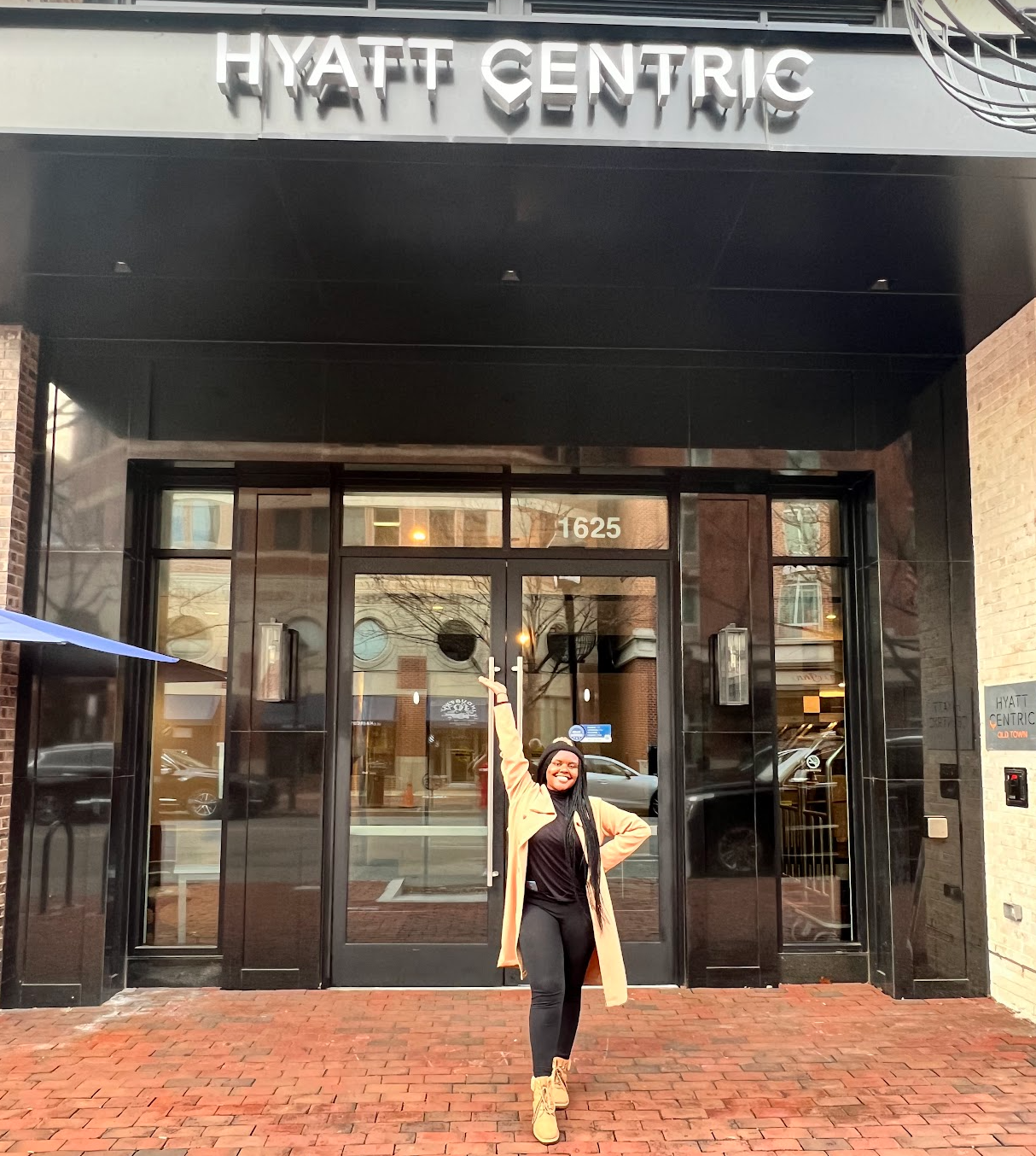
My Experience Taking the FSOA
As I mentioned, I flew to the United States from Ghana to take the FSOA. I knew it would take a few days to adjust to EST time with the time difference between Ghana and Florida/D.C., so I flew in a week before my test date.
I spent a few days in Florida and flew to D.C. on a Sunday, with my scheduled test date being Tuesday.
Being that I was in Ghana and my life in Ghana was highly disorganized and random, to say the least, I did not get to prepare for the FSOA test the way I wanted to and felt VERY unprepared going into it.
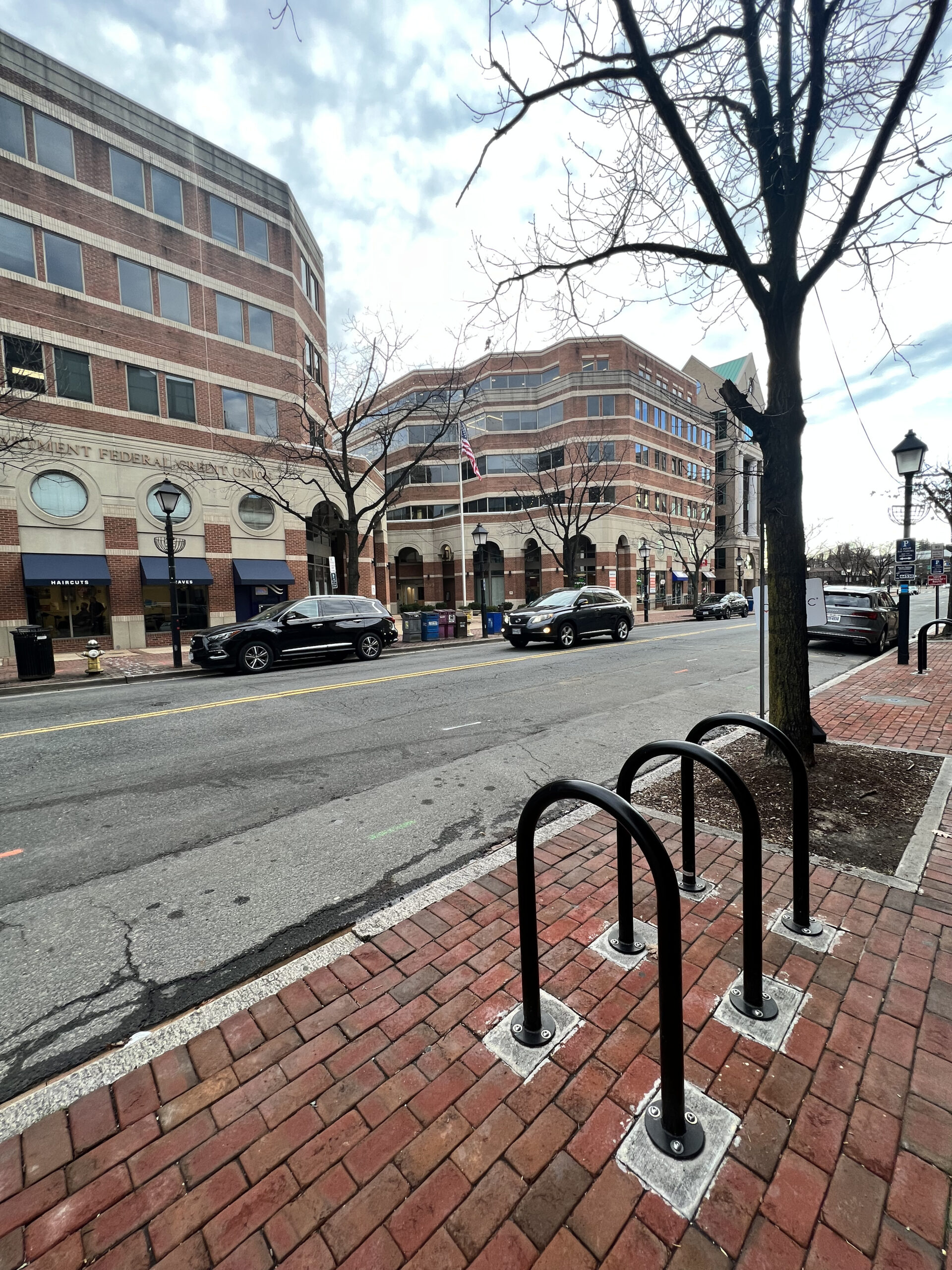
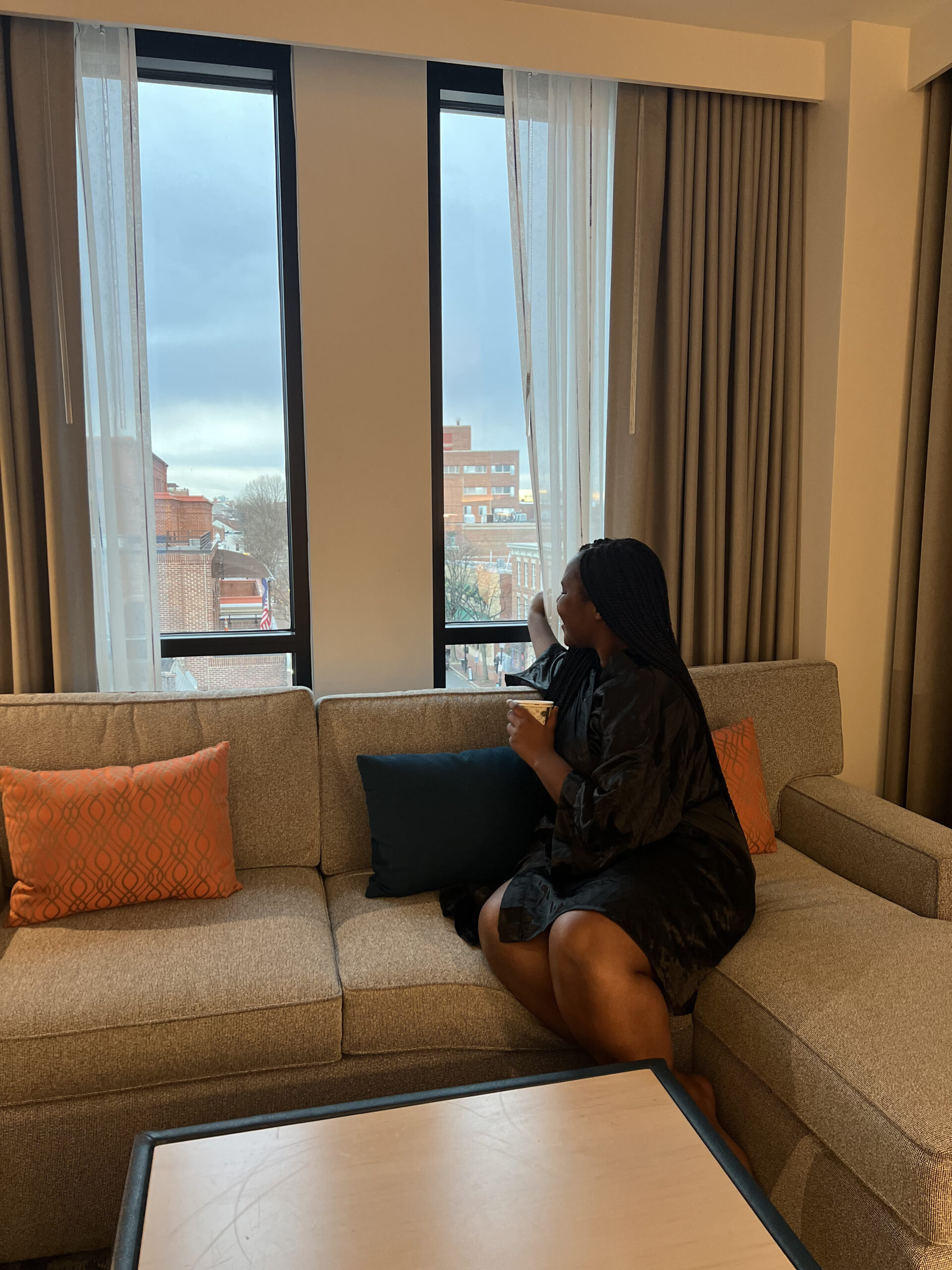
My mindset toward the test was completely wrong. I realized this two days before flying to D.C. Before my flight, I compiled resources I found online, revisited the structure of the test and the 13 dimensions, and told myself I would get it together before the test.
I woke up at 4 am on Monday, was the first one to arrive at a local cafe in D.C. around 6 am, and from 6 am – 4 pm, I immersed myself in an intense study session. My goal was to feel confident that I knew enough that the test could go either way for me.
Going to sleep that night at 11 pm, I accomplished this feeling.
I got up at 3 am the following morning for an arrival time at the testing site at 6 am and told myself to perform for the day.
I met the other people testing alongside me for the day who also flew into D.C. from different places in the world.
After a long day, I was informed that I had passed the FSOA, and a weight was lifted off of my shoulders.
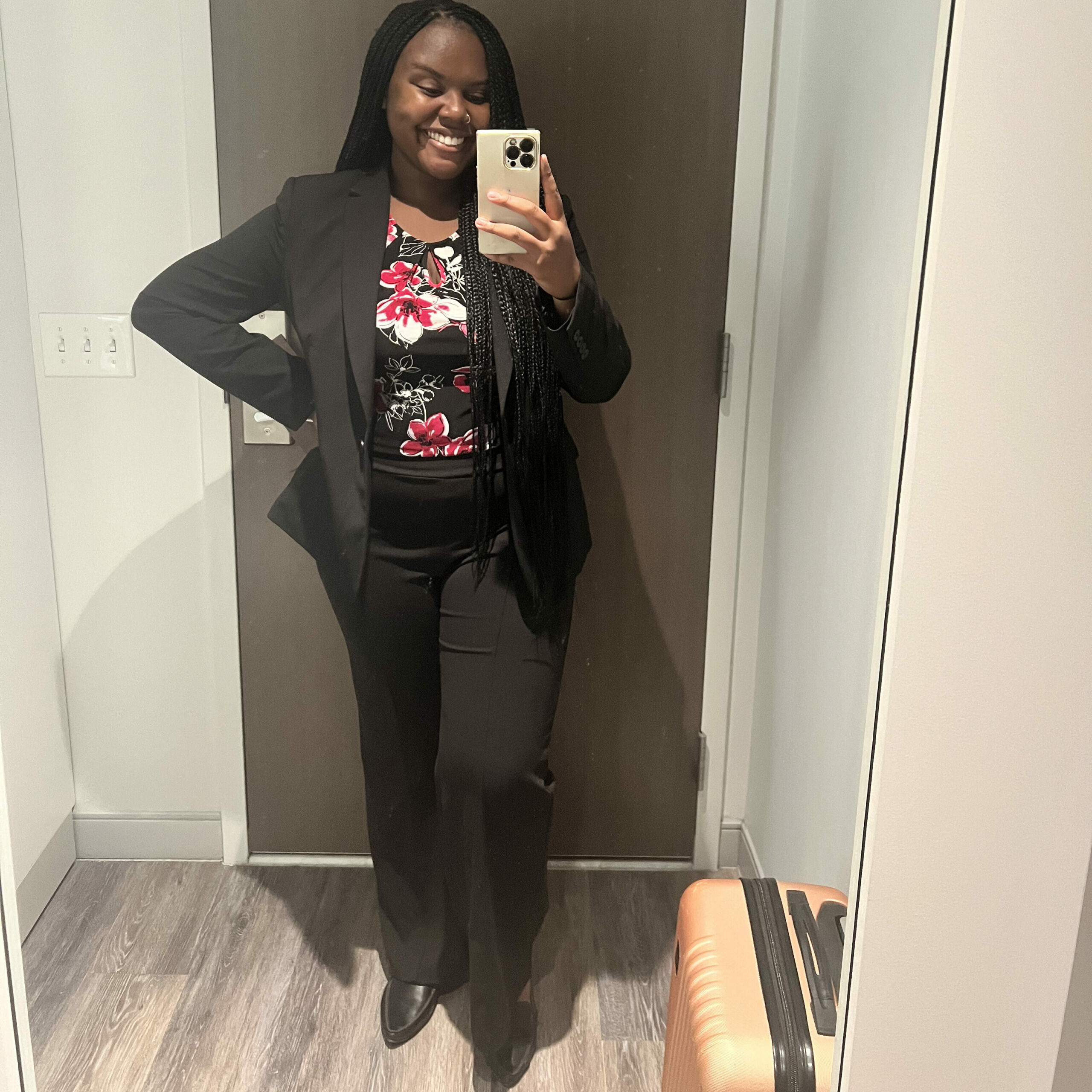
Tips for Taking the FSOA
If you are preparing to take the FSOA here are some tips I can leave you based on my personal experience:
• Learn the 13 dimensions by heart so you can know what you are being tested on. The entire test is based on the 13 dimensions and when you know them, you can be more intentional about displaying them where you can throughout the day.
• Understand that you are not in competition with the other people in your group. You all have one mission and one goal. You can’t pass the group portion of the test without collaborating, listening, and coming to a mutual agreement with everyone. The goal is not to win. It’s to work together and form a common solution.
• If you are traveling to take the FSOA, whether internationally or domestically, give yourself enough time to adjust to the time change, structure of the U.S., and routine. If you can, try to fly in 2-3 days before your testing date.
• Create a list of your involvement, past/current jobs, roles, etc.that you can pull experiences to speak about during your interview. These should be some of your best stories that speak to your great work.
• Get to the testing site early. I got to the location very early and it gave me enough time to study inside of a nearby coffee shop and have some quiet time before the test.
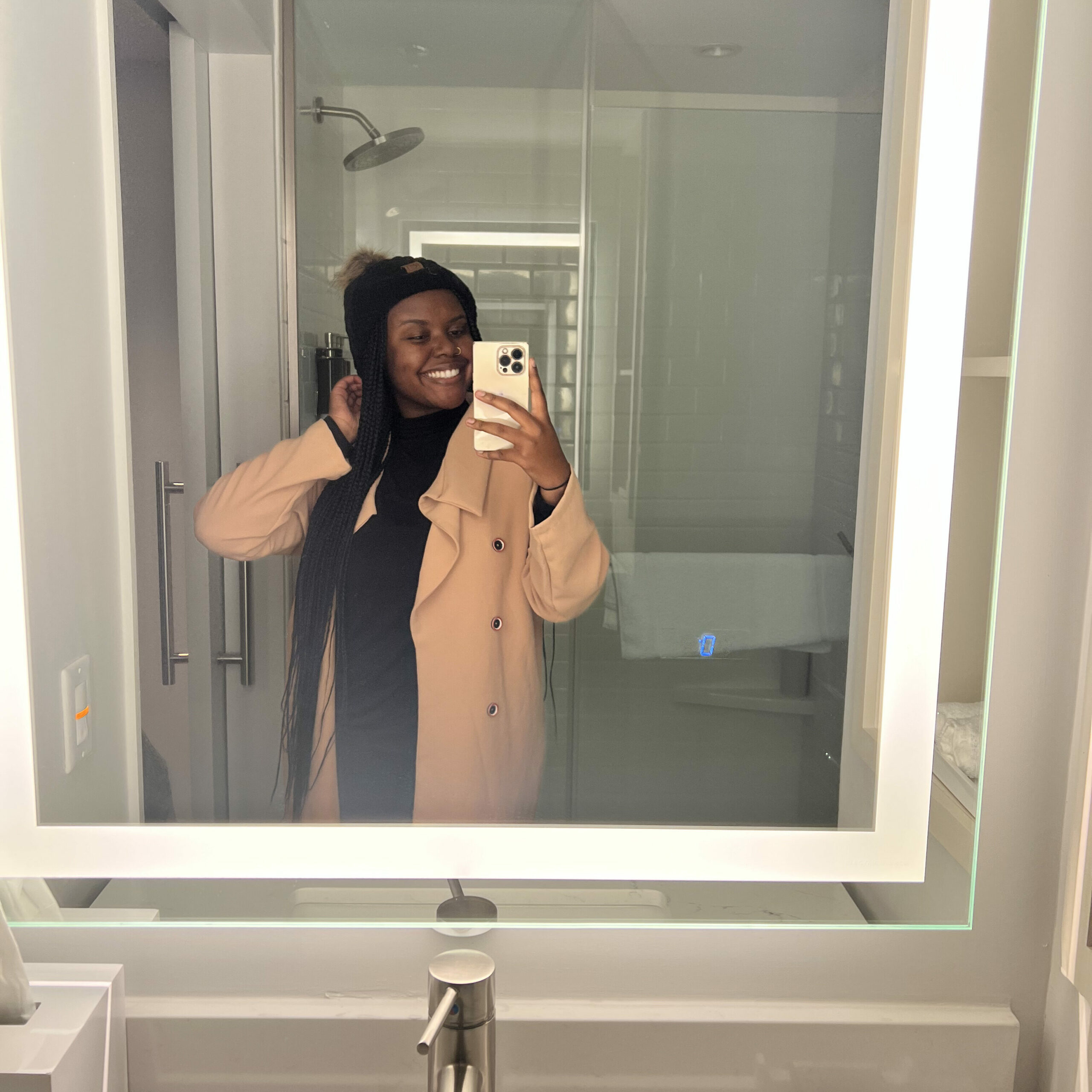
Obtaining My Clearances: Security, Suitability, Medical
Once you pass your FSOA, you will receive instructions about starting the process to receive medical and security clearances. This is another step to receiving a final offer of employment.
It can be a bit stressful because there is A LOT of paperwork involved, and ideally, you could have just taken the FSOT and FSOA for “nothing” (for lack of better words) if you don’t secure your clearances.
It took me a few months to receive my medical, security, and suitability clearances. In addition to the paperwork, I had to meet with a background investigator from the review team at one point, so this is very serious!
Tips for the Clearance Process
- Inform all of your family members and friends you have listed on your paperwork that someone from the government may contact them. They did reach out to my family and friends, so be sure to have reliable people listed.
- Stay organized when it comes to your past travel dates, collecting itineraries, flight information, etc. If you use your email to book hotels, flights, and activities, this should not be hard, but it is something to keep in mind.
- Give people time to give you the information you may need for your clearances. For example, if you have been diagnosed with mental health issues, you will have your therapist fill out a form about your circumstances. Try to give situations like this 1-2 weeks so you are not rushing people in your life to complete these things as an added responsibility to their agendas.
- Provide as much information as you REALISTICALLY can. I have a lot of family members all around the world. Still, my relations with them were not close enough to where I felt comfortable or even found it necessary to pry into their personal information, so it was sometimes a bit awkward. I did my best, got everything I could, and everything worked out.
Getting Invited to Orientation
Once you have clearances, the only thing left to do is wait for an invitation to one of about four orientation classes hosted annually.
Orientation is currently six weeks long and is held at the Foreign Service Institute in Virginia.
I was invited to join the July 2023 class, which I am in my last week attending.
Once you get an invite, you will likely want to accept it because it is not guaranteed that you will get invited to the next one.
I wrote about my A-100 experience because I have experienced many intense emotions. Still, orientation is when you get a comprehensive overview of what to expect in the Foreign Service.
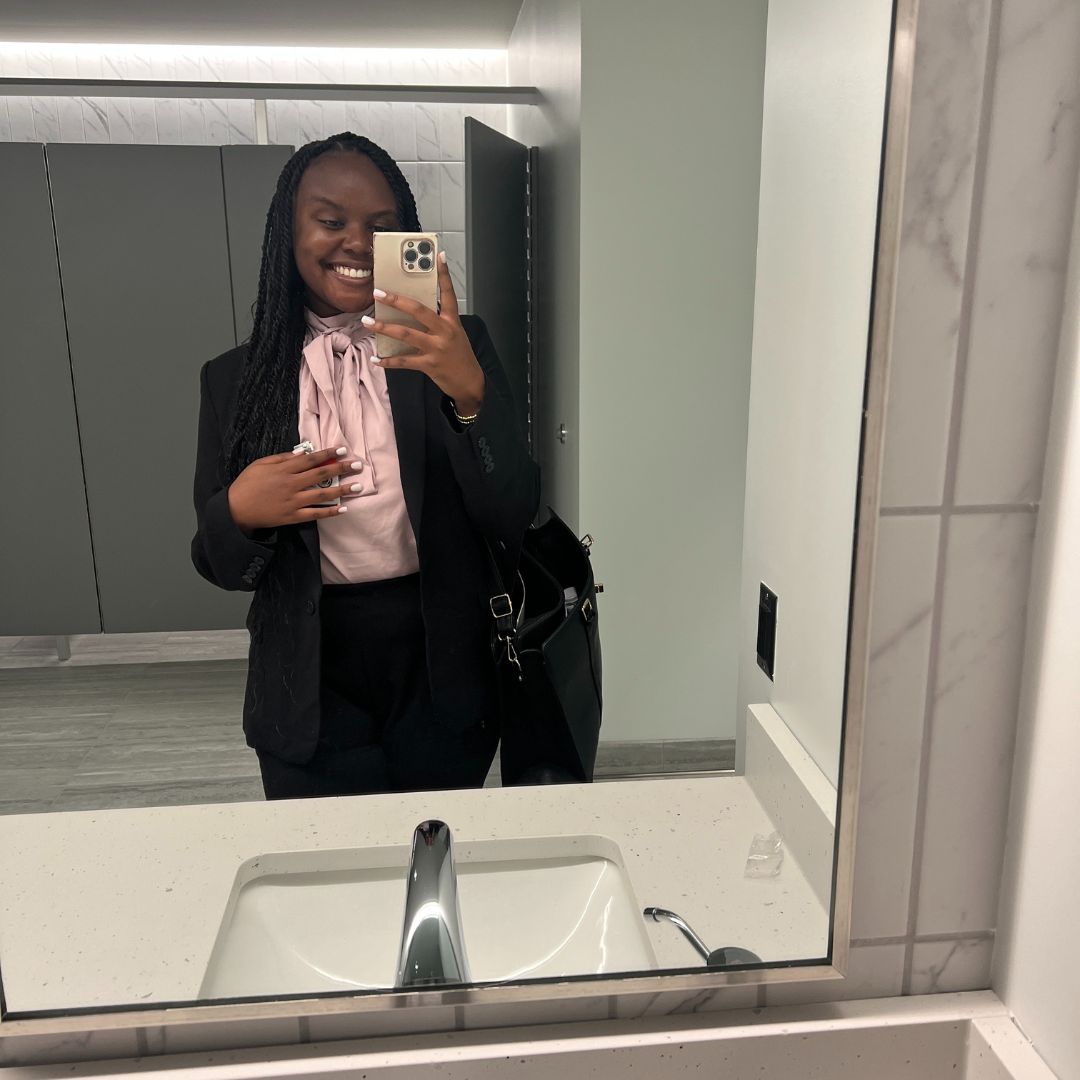
Frequently Asked Questions
How hard is it to become a Foreign Service Officer?
The process of becoming an FSO can be long, tiring, tedious, and intense. You are competing with many others for a spot in the orientation class and want to perform well, so your rank on the registrar can be high.
What fellowships can I apply to help me become a diplomat?
Fellowships that can help you on your path to becoming a diplomat include:
These fellowship programs will pay for your Master’s degree in international affairs, connect you with domestic and overseas internships, and provide mentorship and support as you complete the program.
What are the advantages and cons to joining the Foreign Service through a fellowship?
Joining a fellowship to enter this field was a 10/10 experience for me. Although I had a non-traditional experience because my internships were virtual, the connections and guidance I have received through the fellowship have been invaluable.
I received stipends, a Master’s degree paid for, and other opportunities that would not have been possible without the fellowship.
The fellowship does require additional work and requirements before you are sworn in as a Foreign Service Officer, but a lot of the uncertainty of receiving a spot in an orientation class is eliminated.
The fellowships do an amazing job at giving underrepresented minority groups historically underrepresented in the Foreign Service, women, and those with financial needs a chance at this career field.
One con is that there is a five-year service requirement that fellows are expected to fulfill. While most fellows complete this requirement without any issues, the time commitment is scary to aspiring fellows and is something to consider, or you can be required to pay some funds back.
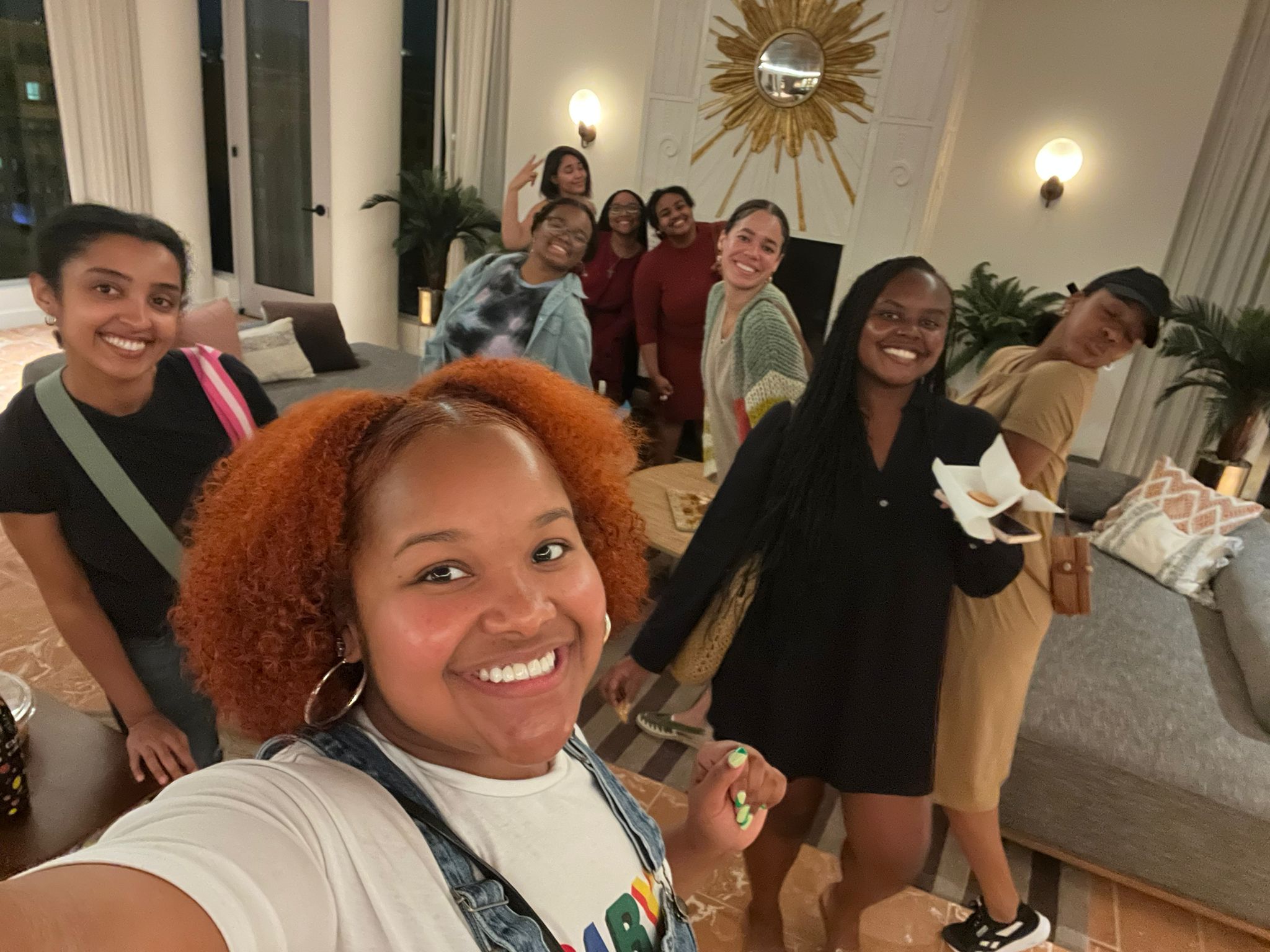
I went to graduate school in Ghana as opposed to Washington D.C. so I was not as connected with the other fellows who experienced grad school together. However, being together in D.C. has been great. I’ve been getting to meet everyone for the first time and it has made a difference knowing of people before orientation.
Additional Resources to Help You
Here are some additional resources that may help you on your journey to becoming a Foreign Service Officer and ones that I found super helpful myself:
- Foreign Service Officer Selection Process Guide – This guide will breakdown the process to becoming a Foreign Service Officer and what the steps are.
- Foreign Service Officer Oral Assessment Information Guide – The guide that talks about the FSOA exam in great detail. Learn the test.
- Path to Foreign Service – This is a blog of an applicant who is going through the process of becoming an FSO and shares a lot of information about each of the steps. I would take things mentioned here with a grain of salt, as they have not been an FSO, but it’s always great to hear different perspectives.
- Hey Ms. Traveler – Chelsea is a U.S. diplomat who has documented her journey online and is the first resource I found recounting her experiences with the Department. I am so grateful that she happened to be a Black woman, but she shares great insight via her Youtube and blog.
- Diplo Latina – Marta shares her experience as a Latina diplomat and is one of the best resources I’ve found. She’s very detailed in sharing, and I love her blog!
Final Tips for Becoming a Diplomat
- There are no tricks to the tests. One thing I have loved about my experience with going through this process is that everything is pretty straightforward. The guides tell you exactly what you will be tested on and what you must do to pass. Listen and follow the instructions, and you’ll be fine!
- Volunteer and gain experience where you can, but everything you do can help you in this career. It does not necessarily have to be with a well-known organization or company. Being a DoorDash delivery driver is something I did throughout undergrad and have used in interviews to connect what I’ve learned and how it will help me in this field.
- Trust the process. There were many times when I was scared I wouldn’t pass a certain stage, but I made it through all of them. Always remember that what is for you won’t miss you.
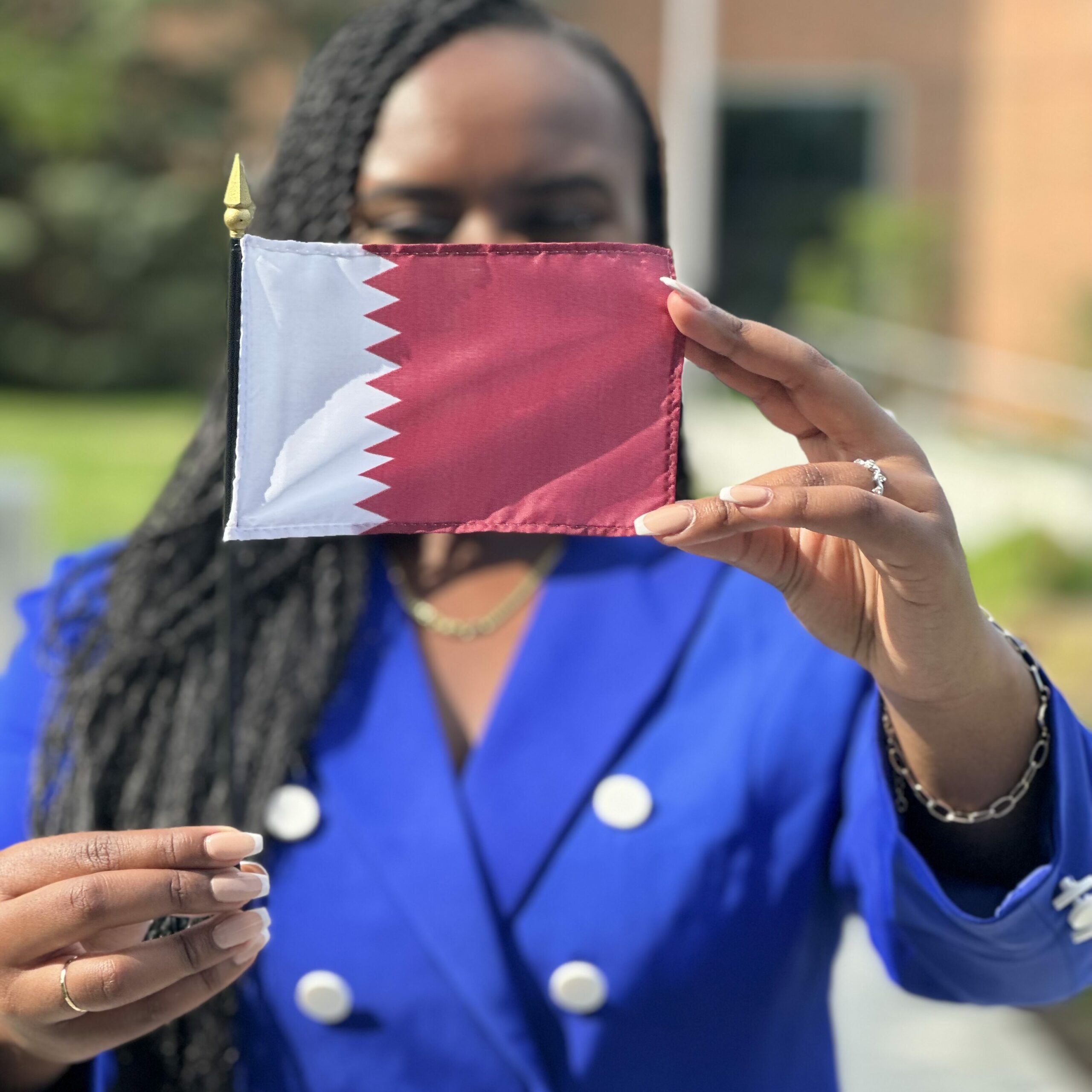

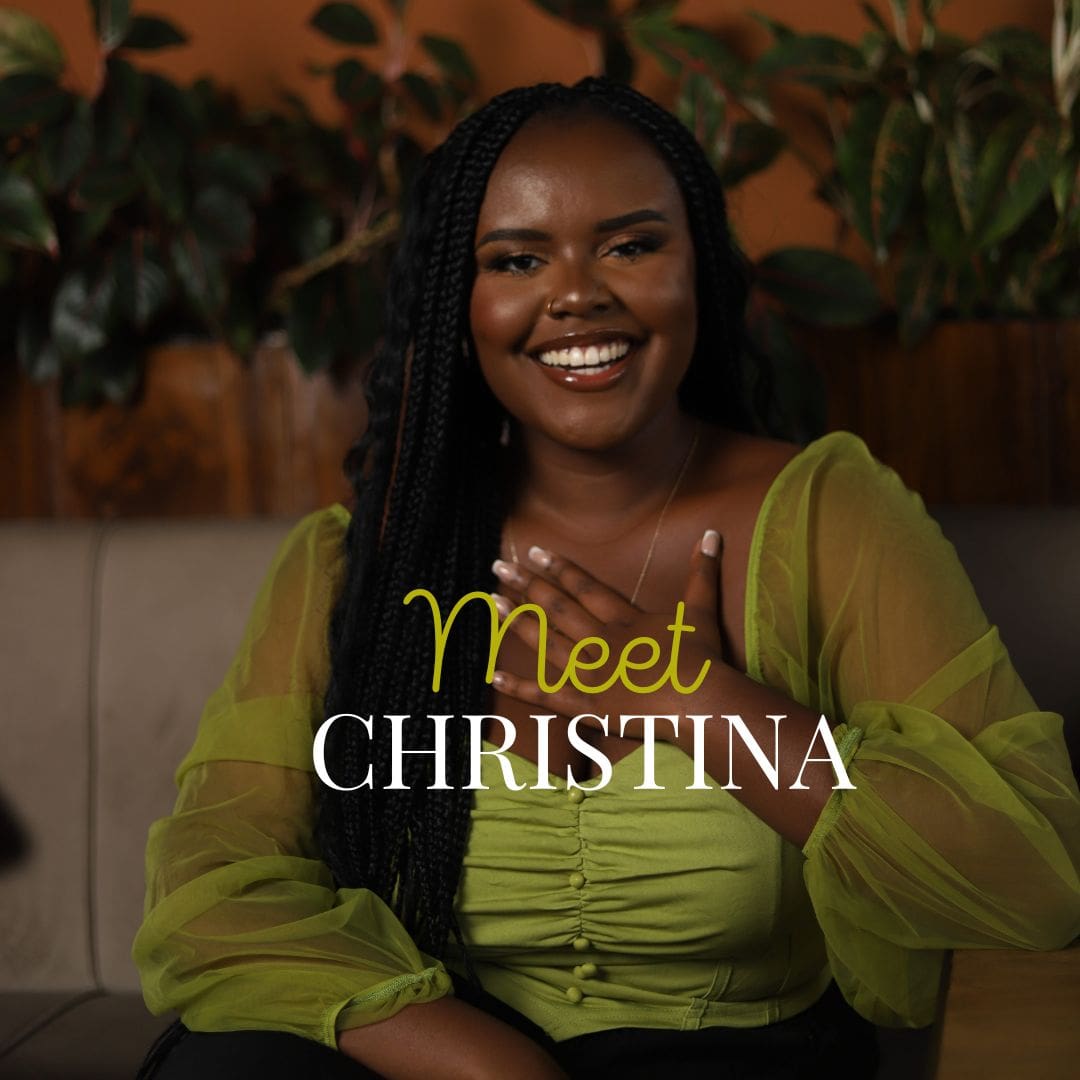
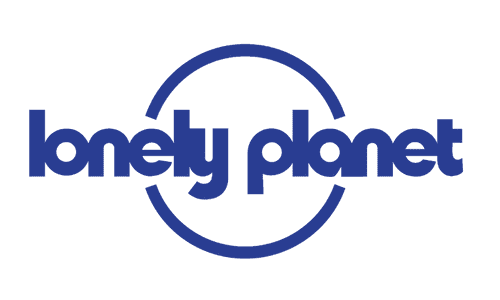
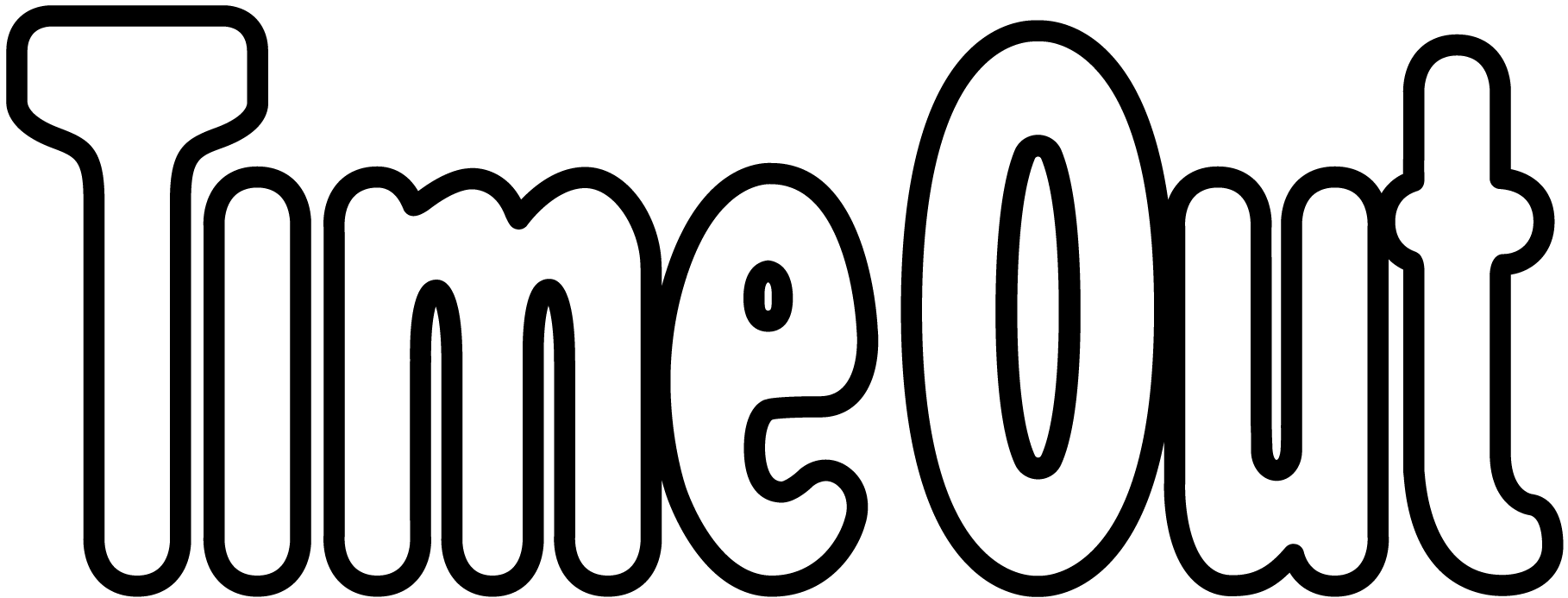

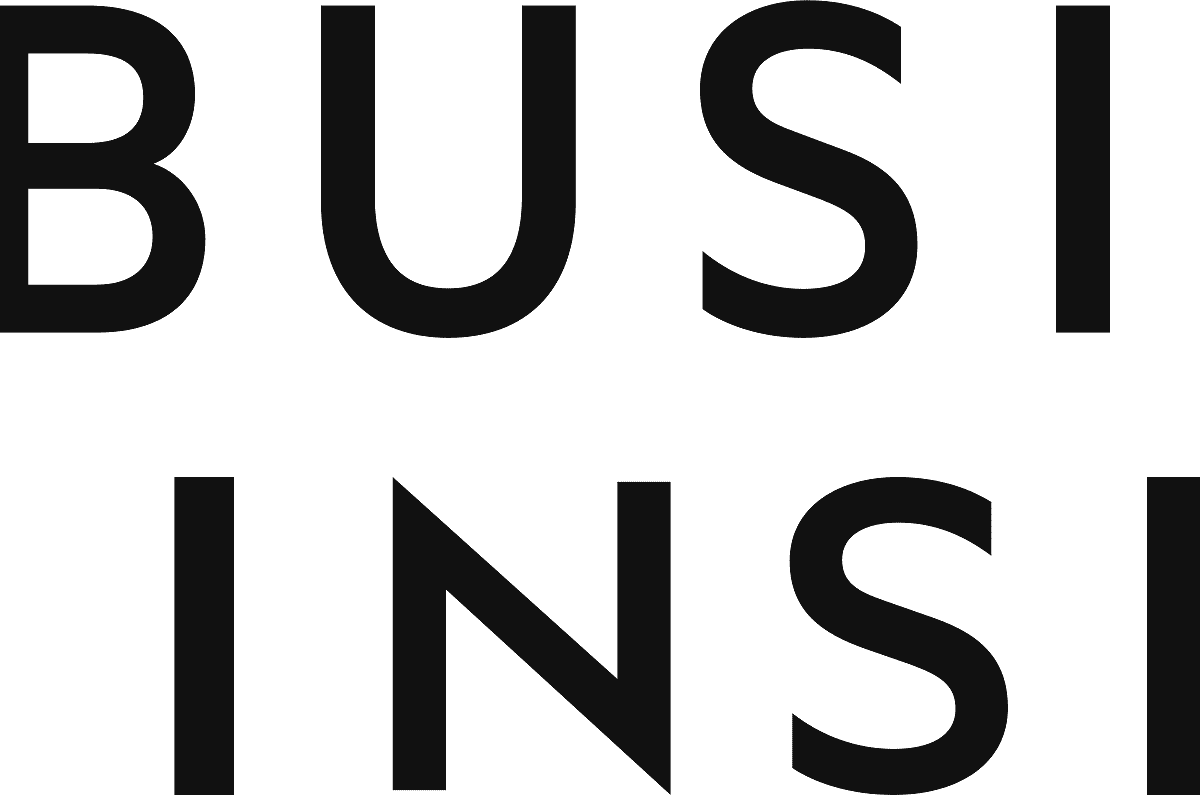
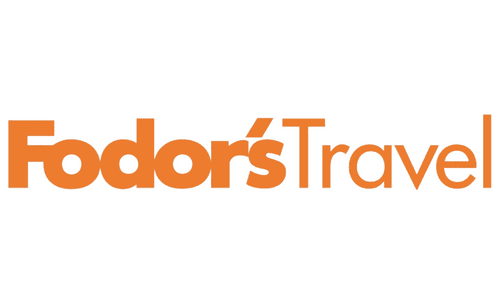
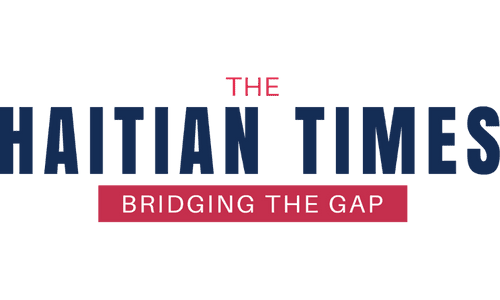
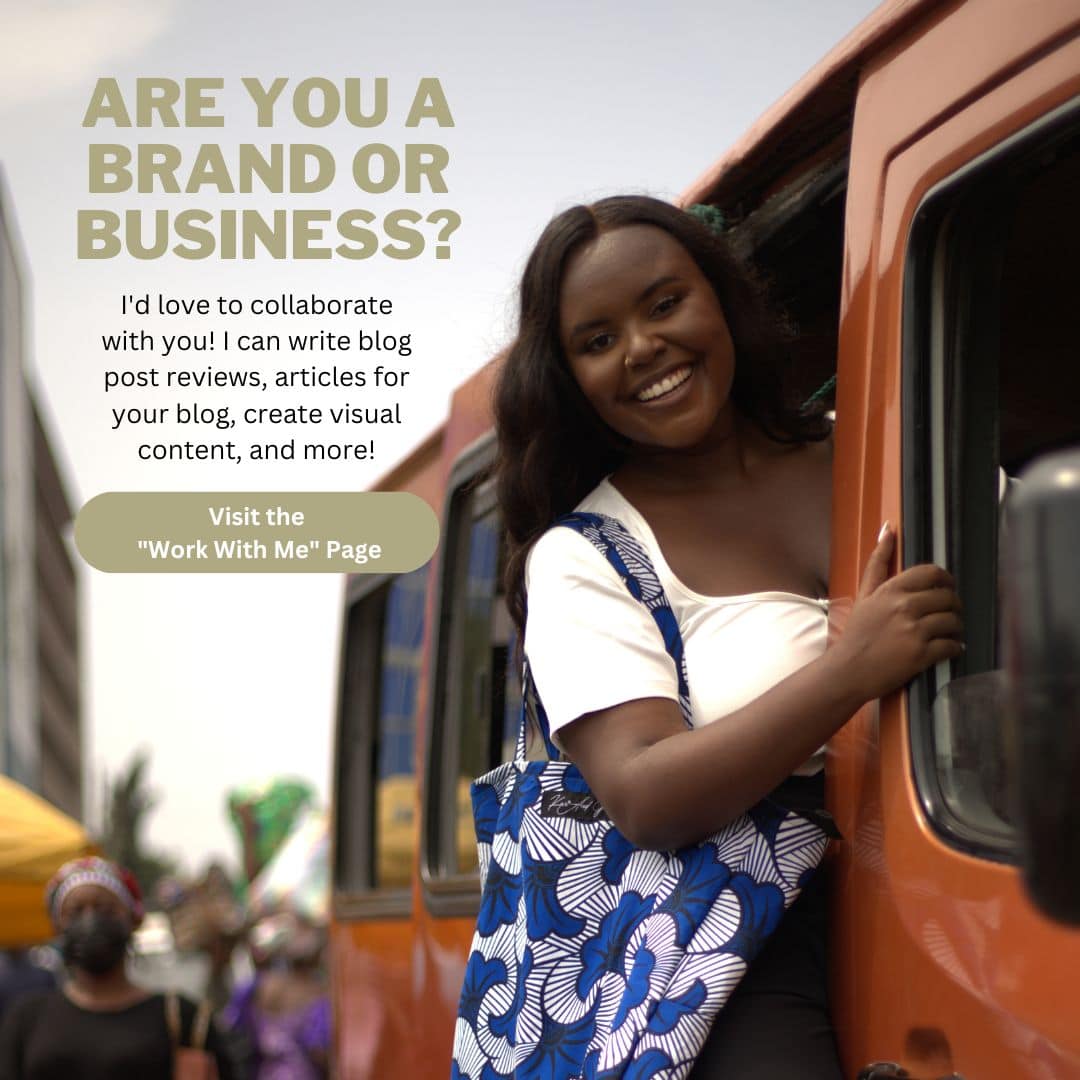

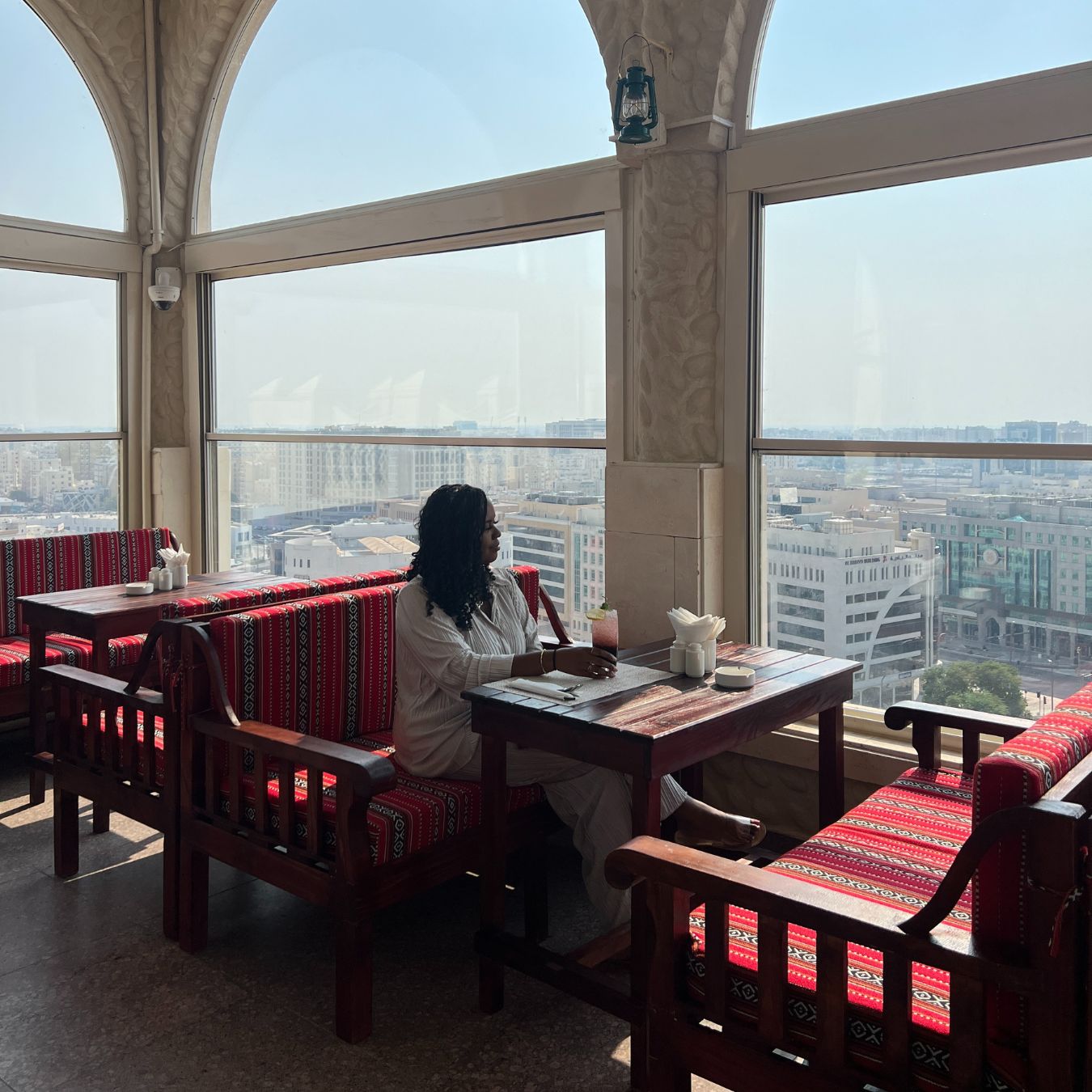


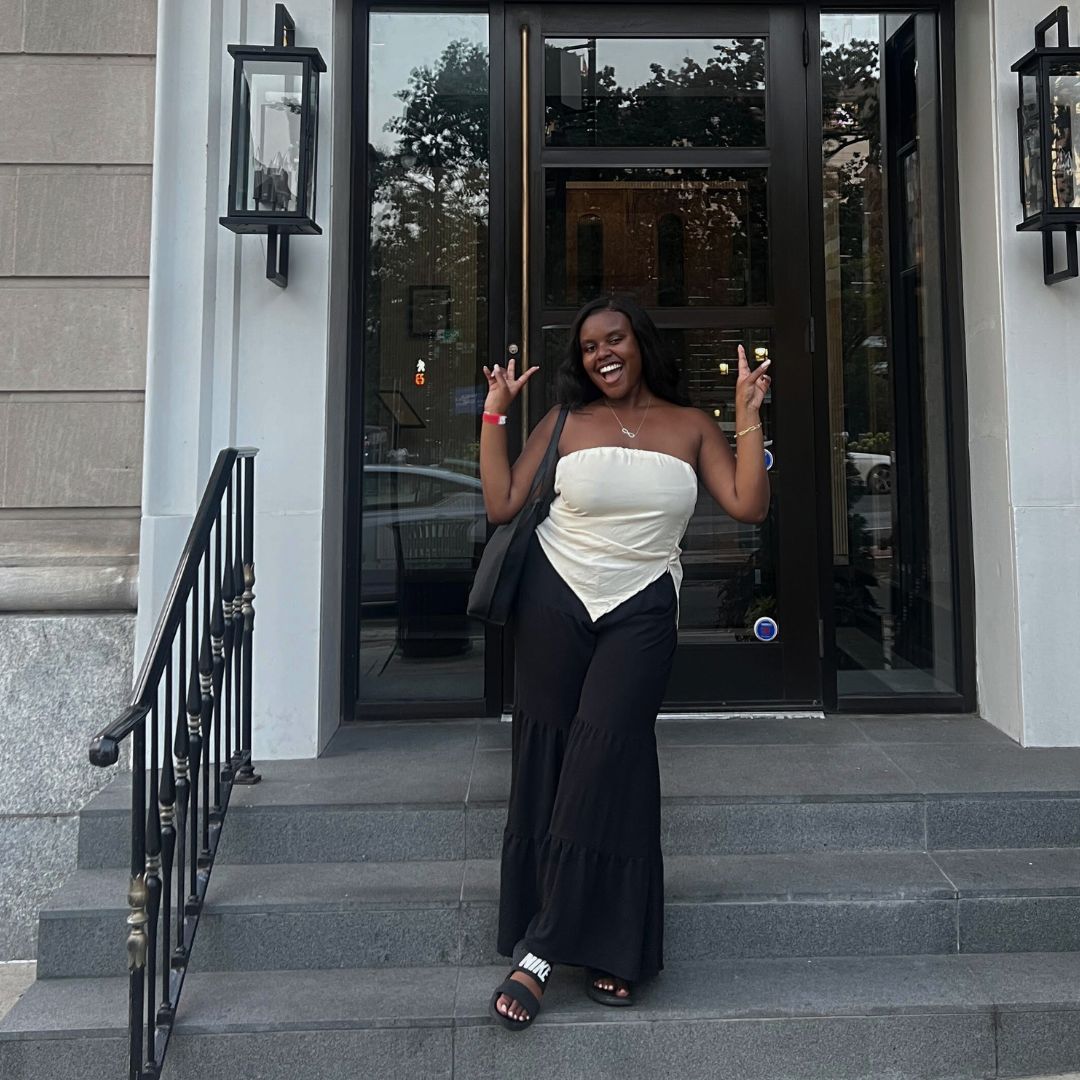

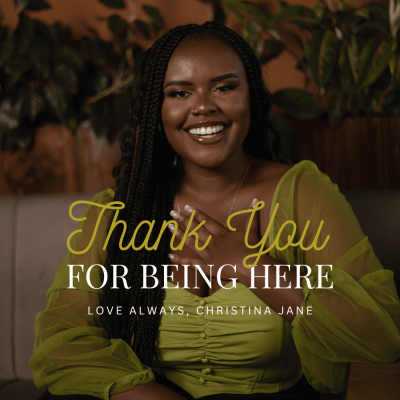
11 Responses
Definitely answered all my questions. Thank you Christina!
Yay glad to hear this! Let me know if you have anymore 🙂
This is so educative!
Glad it was useful! 😊
Hey Christina i just made it on the 2024 finalist .32 of us where selected to go on the next stage and I’m so excited and nervous at the same time. The next step is said to be a writing text virtually. What exactly is involved in the writing exam? Any tips ? What can i do to prepare? Thank you.
Hi Christine, congratulations! 🎊 that’s a big deal and means you stood out among hundreds of applicants! Unfortunately I can’t give tips for the test, but I can share my general experience about being a Fellow if you email me!
Absolutely my email address is mbibola@yahoo.com though I seem to have a little bit of a challenge to locate your email address.
This was super insightful! Do you know of anyone with a background in Environmental Policy or Law who went into the field?
Hi Elizabeth, so glad you found it helpful! I don’t know anyone with an EP background, but there are MANY lawyers in the Foreign Service!
The ones I have come across are usually Consular-coned, which is fitting as the American Citizen Services portfolio has legal aspects to it.
USAID could also be a possible fit for those with an Environmental Policy background.